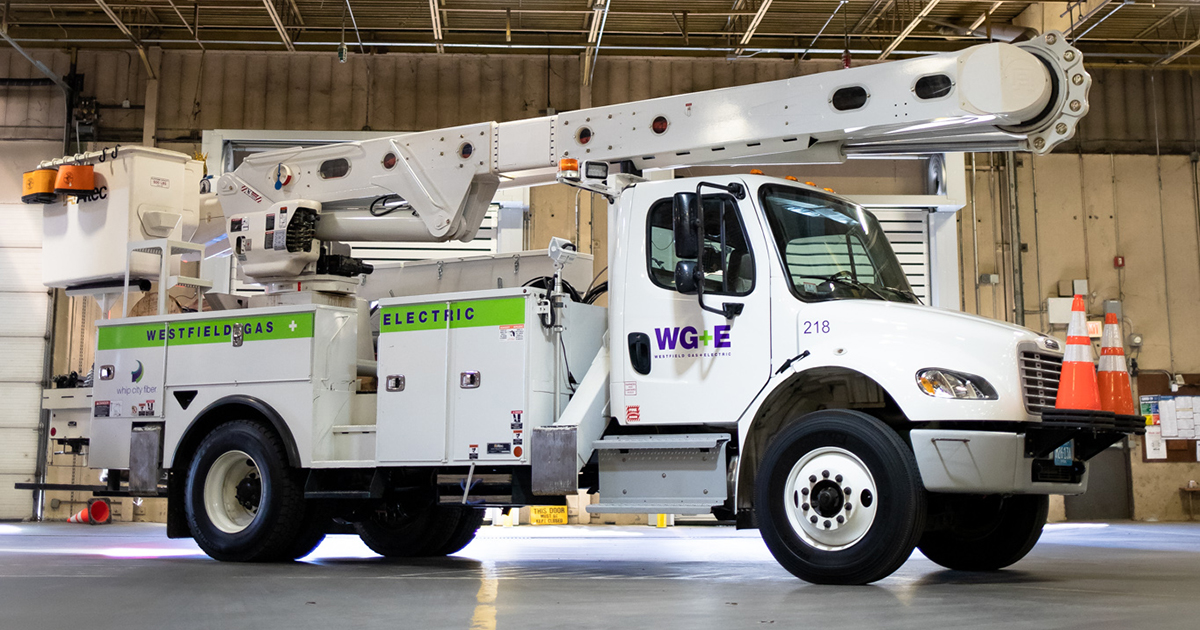Westfield G&E wants you to be safe this heating season
Carbon monoxide is an odorless, colorless gas produced by the burning of carbon-based fuels, such as gasoline, natural gas, oil and propane, as well as coal and wood products. Carbon monoxide poisoning is a potentially fatal illness that occurs when people breathe in carbon monoxide, and it claims the lives of hundreds of people every year and impacts thousands more.
Sources of this poisonous gas include gas- and oil-burning furnaces, water heaters, dryers, fireplaces, gas and wood stoves, portable generators, motor vehicles, and charcoal grills. When dangerous concentrations of carbon monoxide (CO) build up in enclosed places where ventilation is poor, people and pets can take ill. Because CO inhibits the body’s ability to absorb oxygen, loss of consciousness, seizure and even death can occur.
Though CO poisoning can often be prevented or avoided, there are certain individuals for whom the condition can be particularly dangerous: sleeping babies, children, the elderly, and someone who is intoxicated. Even so, we are all a bit more vulnerable this winter as we’ll likely spend more time indoors with pandemic restrictions in place, and more importantly, because CO poisoning mimics flu and Covid-19 symptoms.
Early signs of CO poisoning include mild headache and breathlessness with moderate exercise. Continued exposure leads to more severe headaches, dizziness, weakness, nausea, vomiting, chest pain, and confusion. Higher levels of CO inhalation can lead to loss of consciousness and death. People who are sleeping or intoxicated can die from CO poisoning before ever experiencing symptoms.
The good news is that there are ways to prevent carbon monoxide from occurring in your home. Keep your family and loved ones safe by following these easy tips:
- Install battery-operated CO detectors on every level of your home and within 10 feet of bedroom doors.
- Test CO detectors regularly to ensure they’re functioning properly, change batteries every six months, and replace detectors every five to seven years.
- Have your oil or gas-burning furnace inspected yearly.
- Mark the location of your home’s exhaust vents so you can find them easily should they become buried in a snowstorm. It’s important to keep them clear of snow build-up.
- Only use portable generators outdoors, keeping them at least 20 feet away and downwind your home. Be sure there are no openings or vents that would allow the exhaust to enter your home.
If you suspect poisoning, or if your CO detector sounds an alarm, don’t ignore it. Take immediate action by retreating to fresh air and call 911 or the Westfield Gas + Electric emergency number at 413-572-0000 for help.
As cold weather seeps in and the holiday seasons revs up, please share these simple steps to keep your family and friends safe this coming winter. Additional information can be found on the Safety page of our website.


